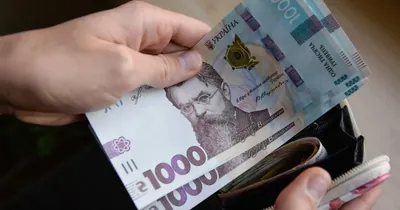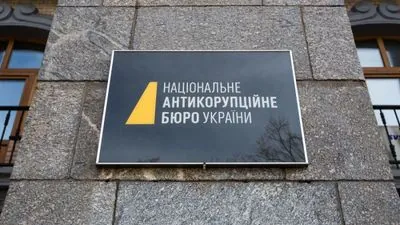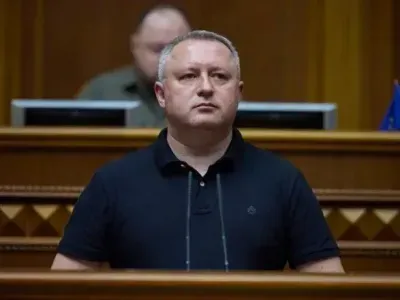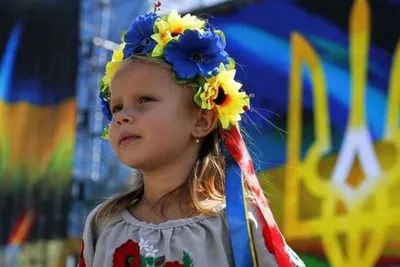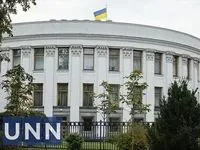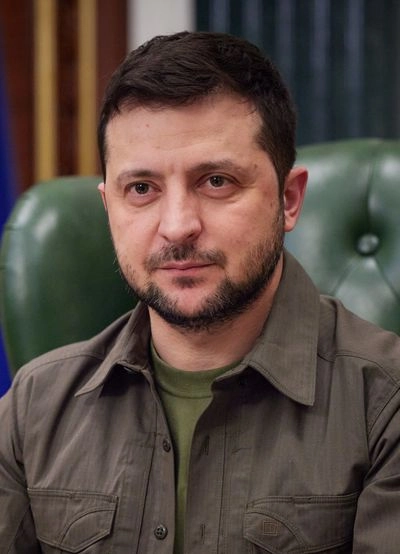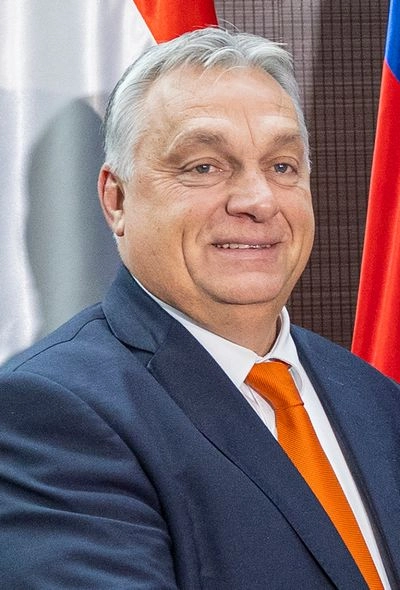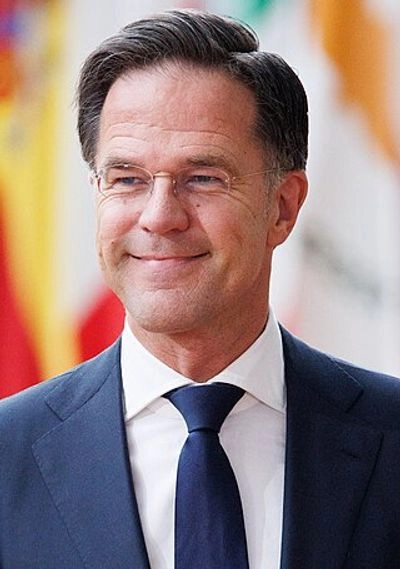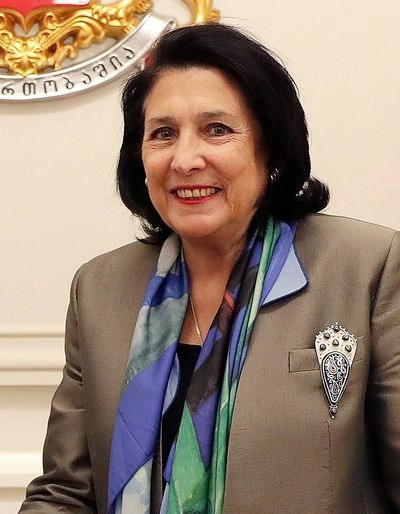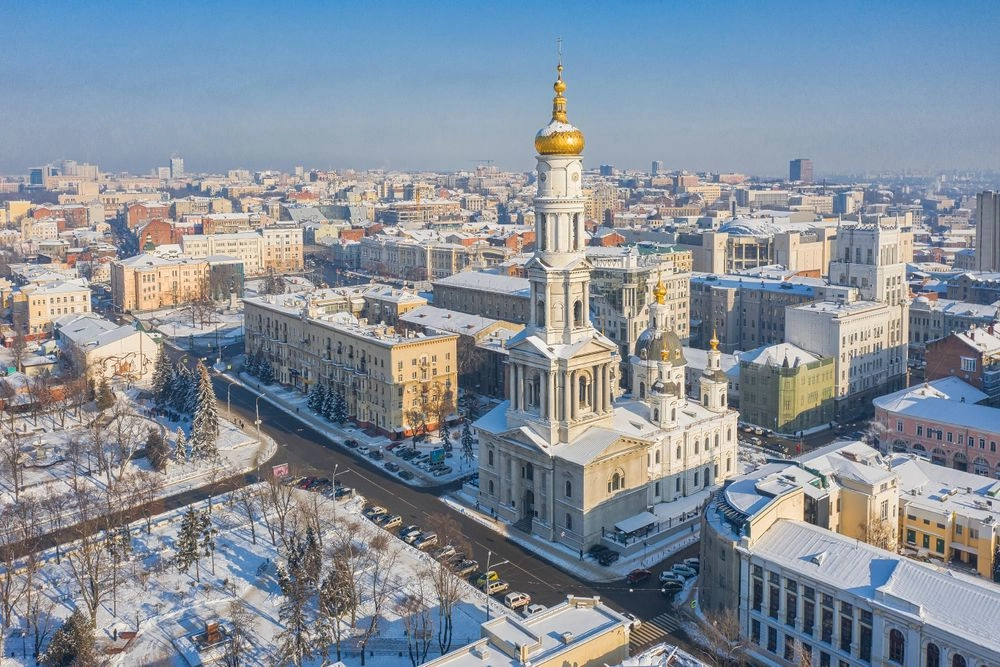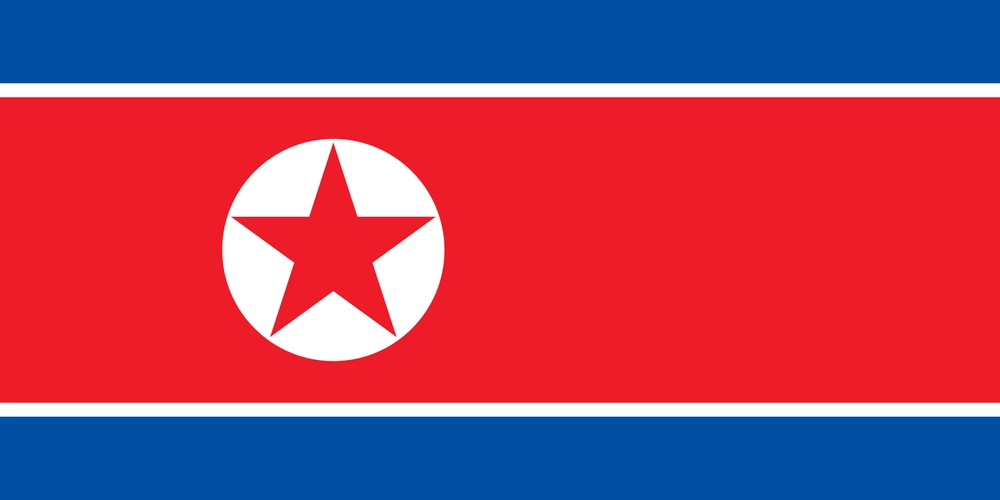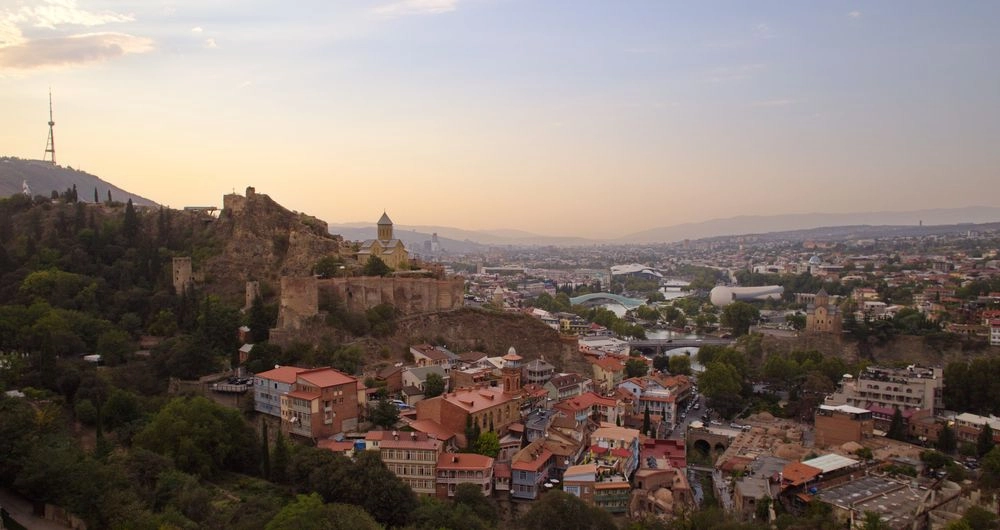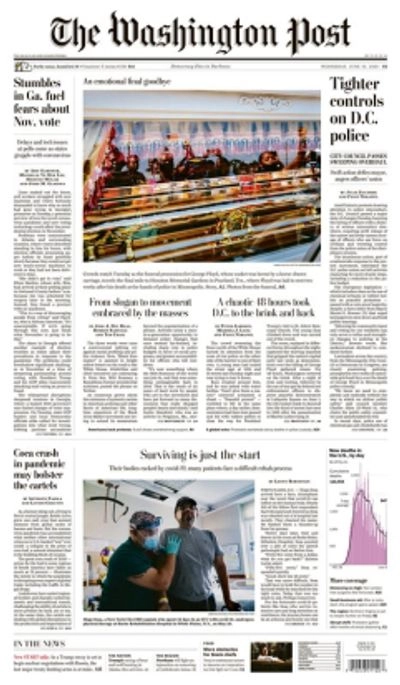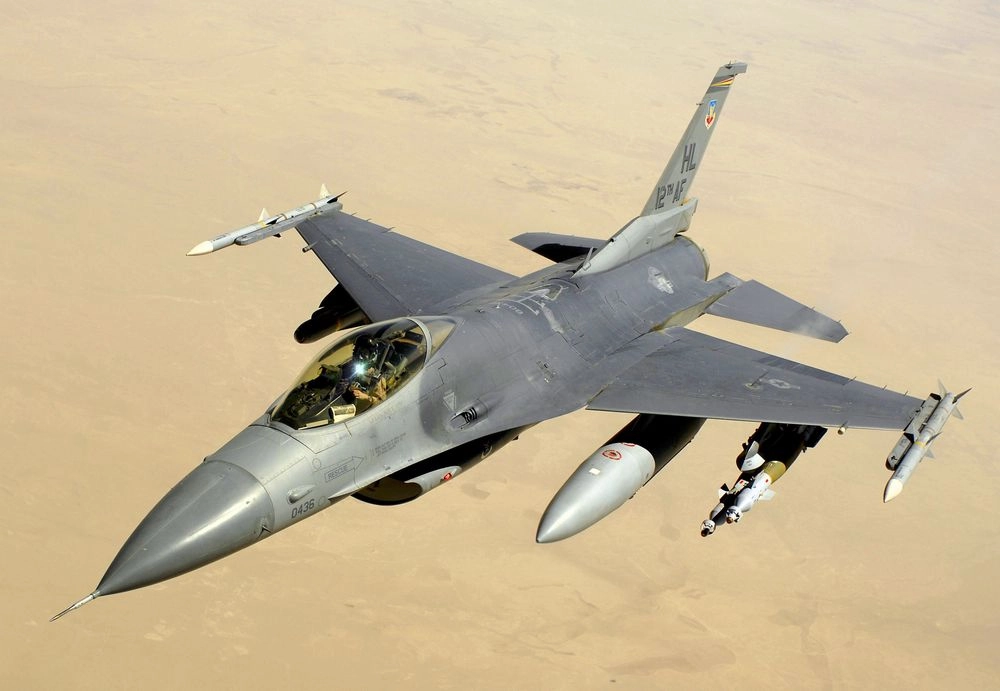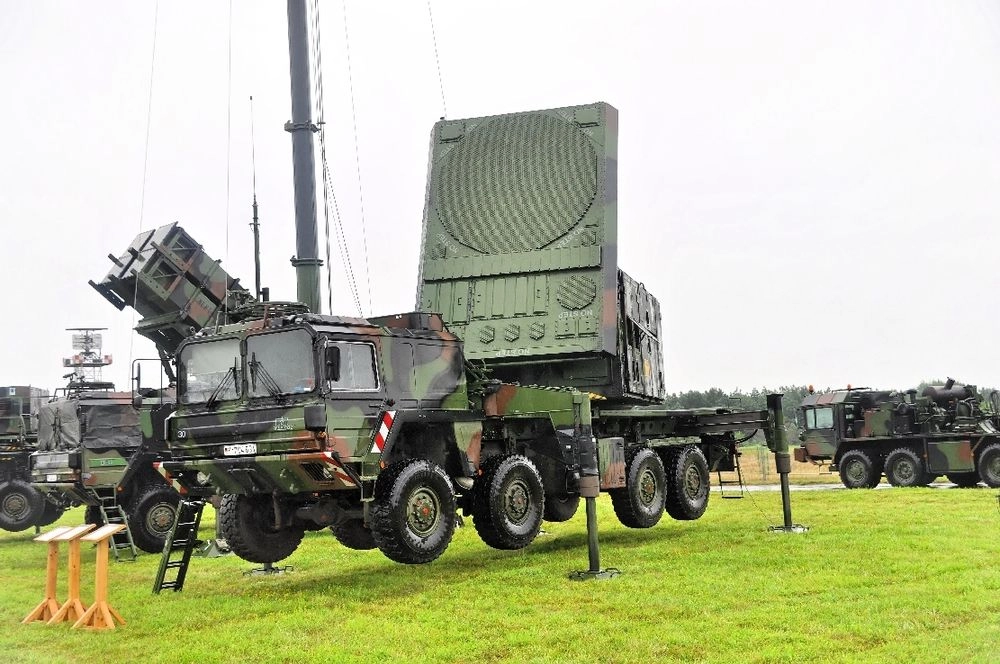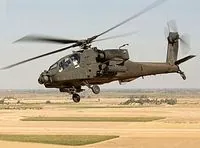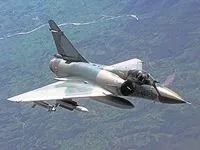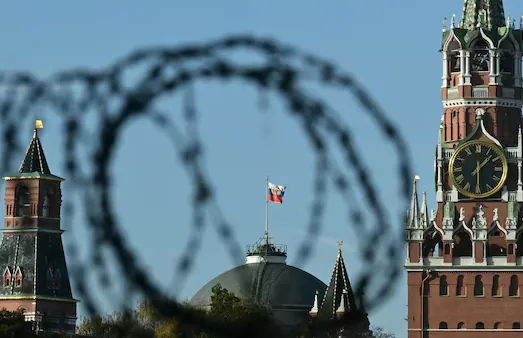
the kremlin can finance the war in ukraine for several more years: what is happening to the russian economy
Kyiv • UNN
Russia is able to continue the war thanks to oil revenues and the failure of Western sanctions. Military spending has created an economic paradox: full employment and rising wages with a labor shortage.
The Kremlin can afford to finance the war in Ukraine for several more years thanks to huge oil revenues and the failure of Western sanctions, writes The Washington Post, reports UNN.
Details
As the publication notes, massive military spending, including high payments to soldiers, has contributed to economic growth, as well as high wages and inflation, as companies are forced to match military salaries to attract workers.
According to economists, Russia can afford to finance the war in Ukraine for several more years thanks to huge oil revenues and unsuccessful Western sanctions, in particular the oil price cap imposed by the Group of Seven, which failed to reduce Russia's oil revenues.
The Washington Post writes that Russia's economy is overheating in part because dictator Vladimir Putin needs to replace 20,000 soldiers killed or wounded each month, according to casualty figures presented by the Institute for the Study of War in June. Governors of Russian regions are paying “unheard of” contracting bonuses to attract military personnel. Recently, Belgorod region broke the record with a payment of $31,200
As a result, Russia has almost full employment and rapidly rising wages. The economy's labor force and production capacity are “almost exhausted,” warned Central Bank Governor Elvira Nabiullina in July, who has done more than anyone else in the Russian government to support the war through her leadership of the economy.
Private companies can barely compete with the high salaries of the military. A survey conducted by the Russian Union of Industrialists and Entrepreneurs this month found that 82.8 percent of companies are having difficulty attracting workers. Unemployment fell to 2.4 percent in June, according to the Federal State Statistics Service.
Real wages in Russia grew by 12.9 percent year-on-year in the first six months of 2024, although independent analysts question the data. The incomes of the poorest workers grew the fastest - by 67 percent, the independent Russian newspaper The Bell reported in March.
In Siberia, there are not enough men to drive buses, routes are closed, long lines form, or buses do not come at all because drivers can earn twice as much by serving in the army.
In the past, Russia has filled low-income jobs with Central Asian migrants, but after the terrorist attack on the Crocus City Hall shopping center, it deported tens of thousands of Central Asian migrant workers and banned some more.

